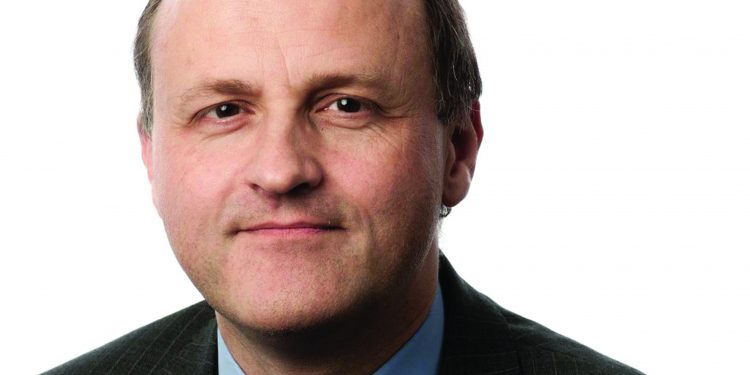The Budget decision to include pensions and pension death benefits within estates for inheritance tax (IHT) could lead to massive bureaucracy issues, and further delays for bereaved families when it comes to accessing assets.
At present, these families already face two major challenges when it comes to dealing with IHT. These death duties have to be paid before probate can be secured. Although organisations such as banks or National Savings can be asked to make payments towards the IHT bill direct to HMRC from the assets of the deceased person, this is of limited value if the bulk of the estate is the value of a property.
On top of this the process of obtaining probate can itself can take many months, meaning finalising the financial affairs of a loved one can already be a drawn out process.
The proposed Budget changes, which will see pensions included within IHT calculations from 2027 are likely to add further complications and expense.
The details of the proposed process set out yesterday in a Government consultation, suggest that in cases where pensions form part of the estate, the whole process will become much more convoluted. This could lead to delays, including delays in releasing death-in-service lump sums. And these lump sums themselves could be much reduced if subject to tax of up to 40 per cent.
According to the Government’s consultation, where the deceased person has one or more pensions which form part of the estate, the process will be as follows.
- First the bereaved person has to notify ‘relevant’ pension schemes of the death and request information such as fund values or death benefit entitlements.
- Then the pension scheme will have to assess and provide information on the following: whether any pension balances or death benefit entitlements exist; who are the nominated beneficiaries of those benefits; the amounts due to each; how much of the (lifetime) lump sum allowance the deceased member has used up
- The bereaved person assembles this information from all pension schemes, together with information about others assets in the estate, and uses an HMRC online calculator to work out if IHT is due, and if so how the ‘nil rate band’ is to be apportioned between different assets, including each pension
- The bereaved person notifies each pension scheme of its share of the IHT bill
- Each scheme reports to HMRC who will then issue an IHT demand to the scheme or provider within six months of the death
- The scheme pays its share of the IHT bill and then makes payments to beneficiaries net of IHT
- The bereaved person then has to pay the balance of any IHT bill which does not arise from the pensions, which will include IHT due on property or other assets.
In summary, this process will require bereaved people to identify all of the relevant pensions of the deceased, to contact and obtain information from them, to use that information (once obtained from all schemes) to get IHT information using an HMRC tool, to go back to the schemes and then wait up to six months for payment.
According to Government estimates, around 49,000 estates per year which include pensions will face an inheritance tax bill. This comprises 10,500 who would not have faced IHT at all if pensions were not included, and 38,500 who were already in the IHT net but will now face an additional bill.
In addition, other bereaved families who may not know the current value of the deceased person’s pensions or death benefits will have to obtain this information simply to check if IHT is due or not. This suggests that tens of thousands of bereaved people each year may have to go through this process and many may need support to do so.
Bereaved relatives already face huge challenges in winding up the financial affairs of a loved one. Including pensions within the scope of IHT will add greatly to the burden which families face. People will need to know which pension schemes to contact, will have to rely on the efficient administration of pensions – with the whole process on hold until the slowest scheme has replied – and then potentially wait months more before death benefits and pension balances can be released by the scheme.
The whole thing could turn into a bureaucratic nightmare for grieving families. If this proposal is to go ahead, the Government will need to come up with a much more streamlined process than is currently proposed.





